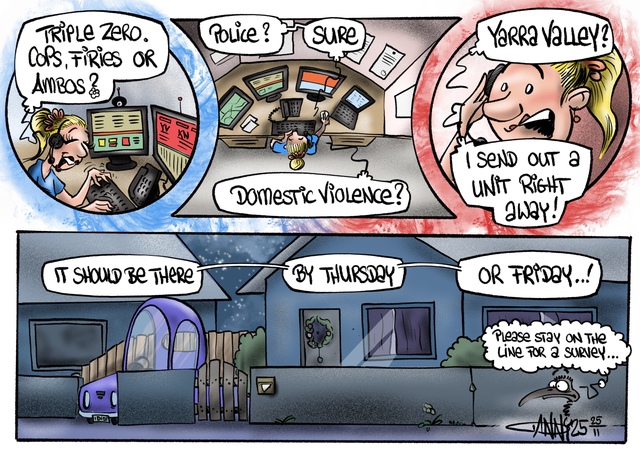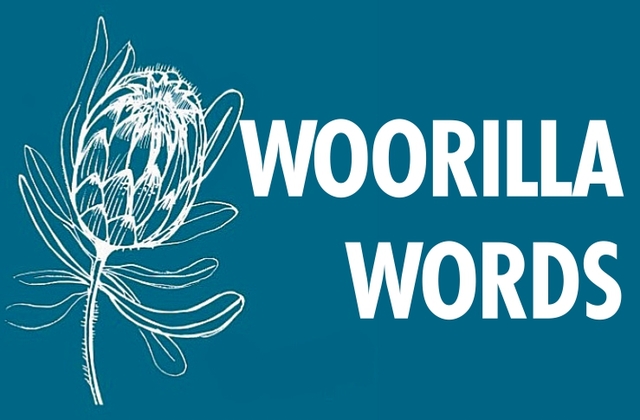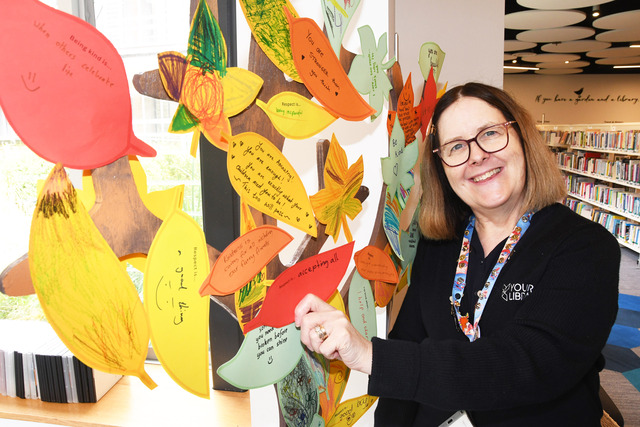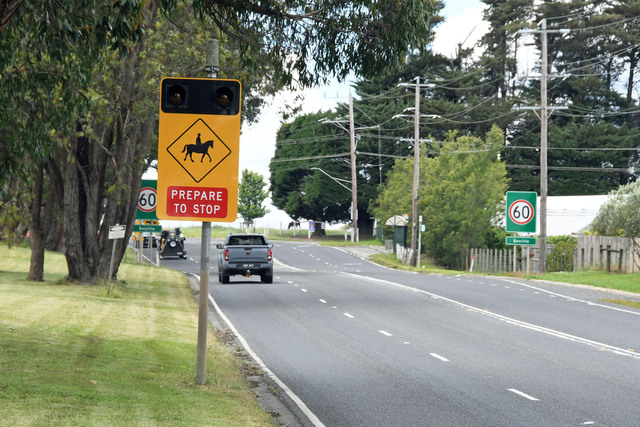– Kath Gannaway
WHEN Ivan Southall “jacked up” on writing the sort of impossible adventure stories he’d been brought up on, the result was books which changed writing for young people in Australia, and in other countries around the world.
In an interview with Southall at his Healesville home in 2005 the quietly spoken author, whose writing career spanned 70 years, said he had wanted to write about real people; real life.
It was something he said was not being done at that time, but Hills End, published in 1962, and his next book Ash Road changed that.
Southall said much of the inspiration for those more believable characters was based on his children, Elizabeth, Drew, Robbie and Melissa, and their friends who were growing up at the time in Monbulk.
There was a lot to look back on when a retrospective on his contribution to children’s literature was held in Upwey three years ago.
Forced to join the workforce at 14 to help support his mother and younger brother after his father died, he said he knew by then that he wanted to write.
“By the time I was 15, when I wrote my first published article, I was committed,” he said.
He had four books completed before the age of 20.
Southall joined the RAAF, after nagging his mother for a year to let him sign up, and went on to captain a Sunderland flying boat and receive the Distinguished Flying Cross.
“Seventeen Seconds, a young adult version of his 1960 classic Softly Tread the Brave, is the true story of two Australians who did mine-disposal work in Britain during the war.
His war experience influenced much of his writing, and stayed with him all his life.
After the war Southall wrote war history for two years before returning to Melbourne and moving to Monbulk where, with wife Joy, he raised a family and wrote many of his books.
He and Joy separated in 1974. In 1976 Southall married Susan Westerlund Stanton.
At a time when he says anything Australian was considered second-rate, Southall’s Simon Black adventures, to his delight, were not.
“I set out to write as well as I could and I directed it towards boys in their teens,” he said.
“There were virtually no Australian books for boys; everything that came into the country was published in England.”
The Simon Black series – nine books that were enormously popular – came to an unexpected end when he got fed up with writing which he believed underestimated young people’s capacity to appreciate real characters in real-life situations.
“I had been brought up on impossible adventure and suddenly jacked up on it. I wanted to write about somebody who was real.”
He was particularly proud of Ash Road, which he regarded as his best book.
“It’s been published all over the world; I’m proud of that achievement,” he said. “It really changed literature for young people.”
Ash Road was the first of his books to win the Children’s Book Council of Australia Book of the Year Award. Over the next decade he won four more CBCA awards and the Australian Writers Award in 1974.
He was the only Australian writer to receive the prestigious British Carnegie Award, in 1972, for Josh.
In 1981 he was made a member of the Order of Australia.
Southall’s books have been printed in more than 20 languages.
He said he was delighted, thinking back on what he grew up on, that his books appealed so broadly.
That was, he said, the ultimate award. Ivan Southall died on 15 November, having been diagnosed with cancer just a month earlier.
Mrs Southall said he was grateful for a long life and the literary legacy he was able to leave.
“His first reaction when he was diagnosed was that he had survived the war, when many of his friends did not,” she said.
Ivan Southall was buried at Lilydale Cemetery and is survived by his wife Susan, his children and grandchildren.
Writer’s last chapter
Digital Editions
-

Cosi: ‘A wonderful rollercoaster’
CPP Community Theatre Cosi Set in a psychiatric facility, Cosi is a play about friendship, romance, community and difference. It’s 1971 and Australia is protesting…





